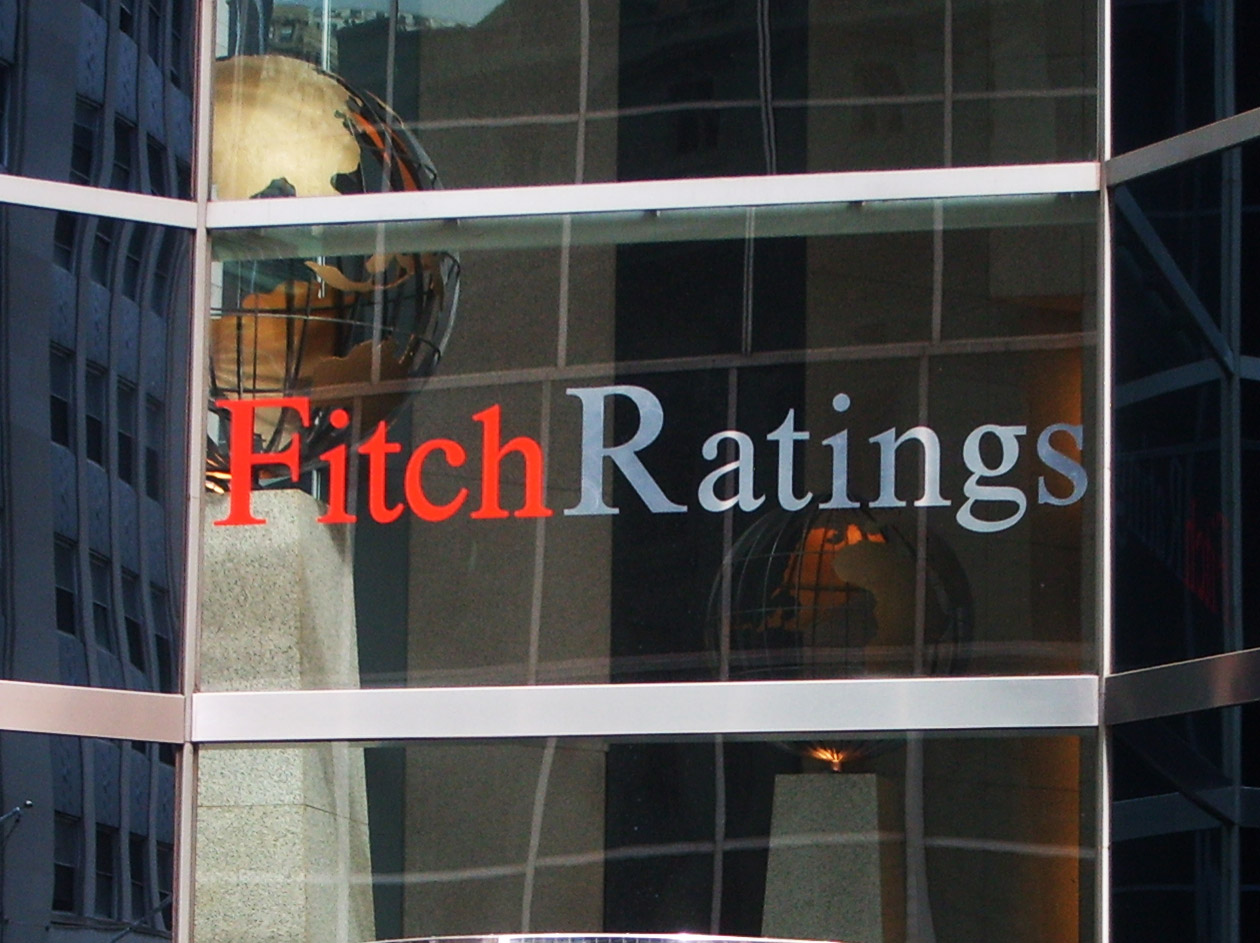Fitch says Turkey policy credibility weaker than rating peers

By Bloomberg
Turkey’s policy credibility is weaker than similarly rated countries due to the unpredictable nature of its monetary stance, said Paul Rawkins, a senior director at Fitch Ratings.
Erosion of policy credibility can increase Turkey’s vulnerability to shifts in global risk appetite and would be viewed “negatively,” Rawkins said by e-mail Feb. 13. His comments came a day after Fitch said a possible tightening of U.S. monetary policy this year may test the resilience of the Turkish economy. The agency’s next ratings review of Turkey is scheduled for March 20. It kept Turkey at its lowest investment- grade level of BBB-, with a stable outlook, in its last review in October.
Turkey’s central bank Governor Erdem Basci has been under constant criticism from President Recep Tayyip Erdogan since the bank more than doubled its main rate in January last year to bolster the lira. With central banks from India to Peru to Egypt cutting rates this year, Erdogan urged Basci on Jan. 16 to follow suit to counter slowing economic growth. When Basci did so, lowering the bank’s benchmark rate by half of a percentage point to 7.75 percent on Jan. 20, Erdogan said bigger cuts were necessary.
Fitch sees little possibility that Turkey’s so-called political risk will disappear any time soon.
“Political risk has long been a drag on Turkey’s sovereign credit rating and Fitch foresees little prospect of it diminishing over the medium term,” Rawkins said.
Still, the chief risk to the Turkish economy is a possible interest-rate increase in the U.S., he said.
“Key risk remains that Fed tightening triggers selloff of Turkish assets, putting further downward pressure on the currency,” Rawkins said.
After dropping to successive records this month, the lira gained 0.7 percent this week to 2.4571 per dollar on Friday in Istanbul. It declined 5 percent this year, the fifth-worst performance among 24 major emerging market currencies tracked by Bloomberg.
The large foreign-exchange open positions of Turkish companies expose them to risks from a sharp lira deprecation, Rawkins said. Banks’ net external debt has also increased from 7 percent of gross-domestic product in 2010 to an estimated 17 percent last year, he said.
Fitch awarded Turkey an investment-grade rating in 2012 for the first time since 1994. The nation is also rated at the lowest investment grade at Moody’s Investors Service, while Standard & Poor’s rates the nation’s sovereign debt as junk, one level below investment grade.
